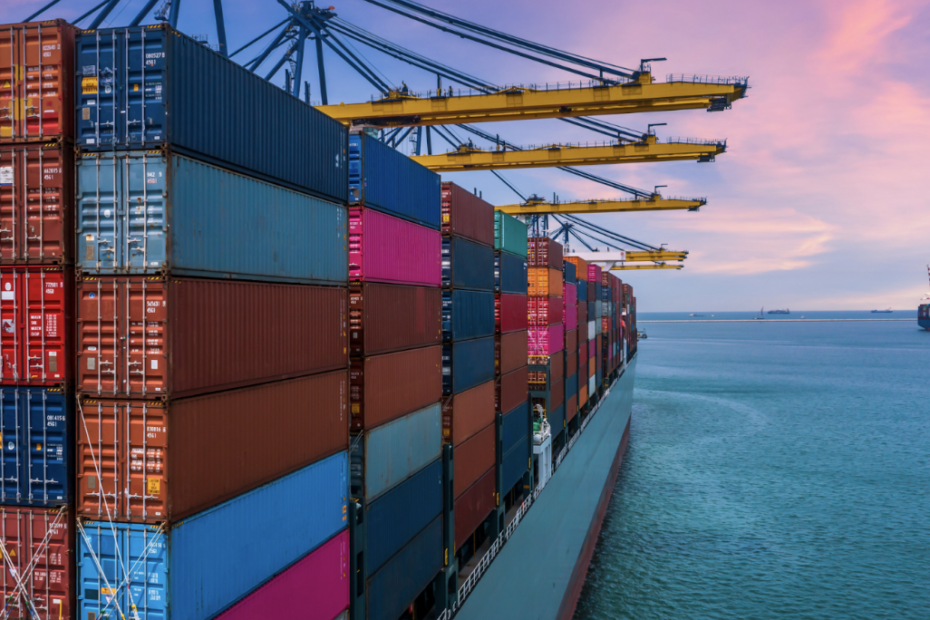The Red Sea is a key player in global logistics, facilitating around 15% of the world’s shipping. However, recent events have thrown these waters into turmoil, giving rise to a shipping crisis that extends far beyond its shores. In this blog post, we’ll dive into the heart of the situation breaking down the complexities of the Red Sea shipping crisis and its profound implications on the global supply chain.
Unraveling the Crisis
Recent attacks by Houthi rebels, backed by Iran, have escalated the Red Sea shipping crisis, surpassing even the challenges posed by COVID-19. The crisis has swiftly evolved into a more significant issue for the shipping industry. The disruptions caused by these attacks have prompted a large shift in the logistics landscape, compelling freighters to seek alternative routes and, in some cases, resort to air cargo as a backup.
The conflict is not only spiking shipping costs but also forcing some vessels to detour around Africa, adding time and expenses to their journeys.
Impact on Global Logistics
The Red Sea shipping crisis isn’t just local trouble; its impact extends throughout global logistics. As freighters navigate the dangerous waters, the supply chain faces delays, detours, and increased costs. In response, the United States has organized a multinational naval force to protect commercial ships, adding a complex geopolitical layer. Additionally, this crisis coming together with the Chinese New Year has made freight rates triple on certain lanes.
Seeking Stability in Unpredictable Seas
Faced with the crisis, the shipping industry is seeking stability in these unpredictable seas. Frequent ship detours and increased reliance on air cargo underscore the need for alternative routes and backup plans. Logistics stakeholders are actively engaged in finding ways to restore stability to this vital trade route.
Charting a Course for the Future
As the Red Sea shipping crisis continues to unfold, the industry has some pivotal decisions to make. Shipping companies worldwide are in a strategic reassessment mode, navigating the delicate balance between efficiency and safety.
At Ramsay Customs and Logistics, we’re closely monitoring these developments, and committed to adapting our strategies to ensure the seamless flow of goods for our clients.
